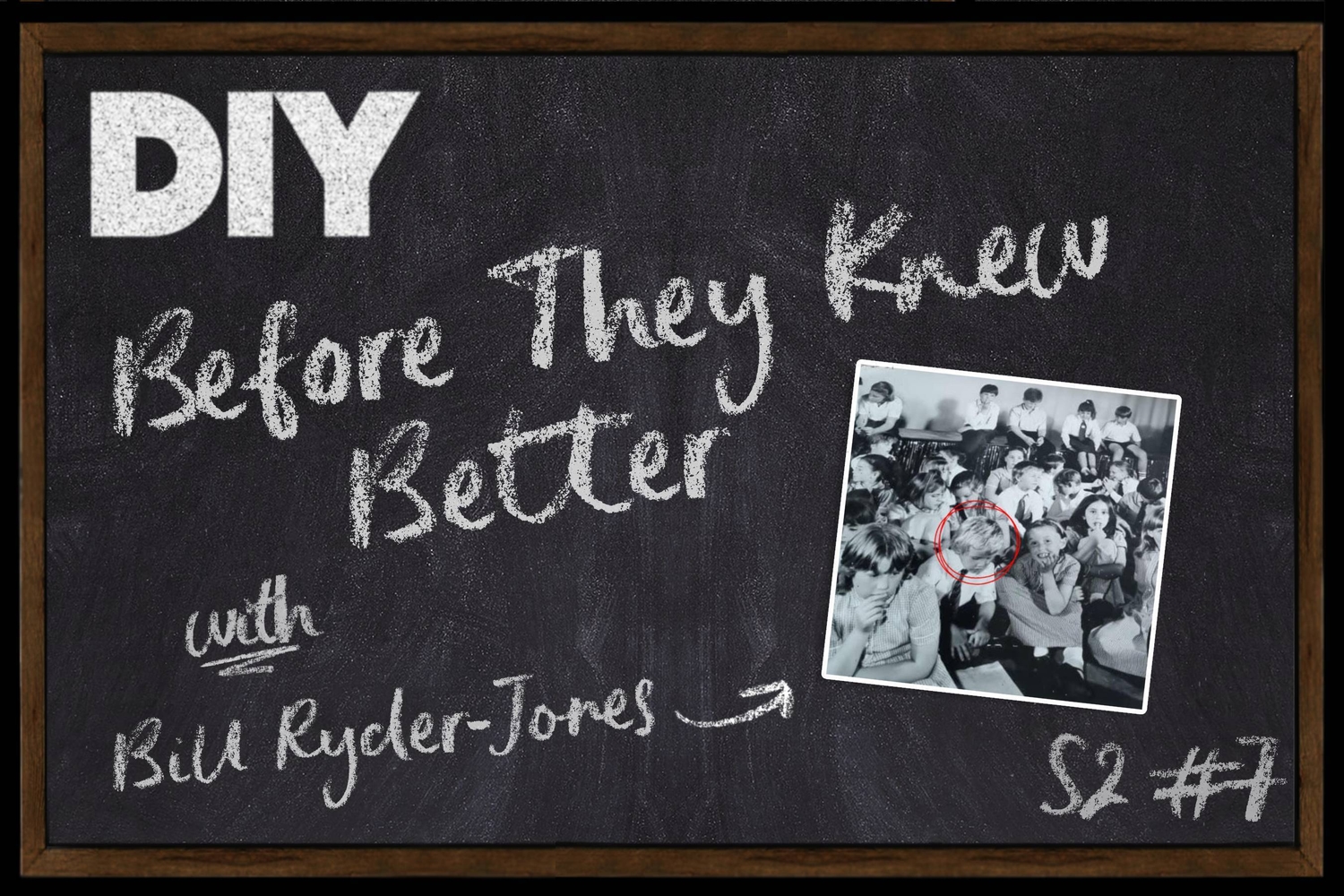News Steve Jobs: Important For Music
The King is dead, long live the King? Or the Emperor’s new clothes? Apple has long had more than a touch of Marmite about it, with people generally divided into loyal fanboys and those who considered their products Fisher-Price toys for adults, and never more so than when considering former CEO and the man who made it all happen, Mr. Steve Jobs. To some, a visionary genius whose passion and talent transformed not just one industry, but media in general. To others, a cold, calculating, flat-track bully only interested in your money and your data, who would stop at nothing in his climb to the top. However you feel about the technology side – that’s for another day – there is one inescapable fact that cannot be denied: over the last ten years, Steve Jobs was the most important man in music.
At the turn of the last millennium, the sands were definitely shifting. The turgid days of dad rock – Coldplay, Travis – and Nu Metal dominating the airwaves were coming to a close. Led by five cool kids from Brooklyn, and a mysterious “brother and sister” combo from Detroit, a new style and aesthetic was ushered in at the same time the first inquisitive, computer-literate generation hit University. The relative affordability, and availability, of the internet, coupled with the ease with which a CD could be converted to digital files gave rise to services like Napster, allowing the sharing and downloading of music on a worldwide scale. The combined might of Dr. Dre and Metallica soon put paid to them, but the cat was out the bag. Whilst the majority of the major labels bemoaned this technological twist, one man saw an opportunity. Concluding that people wanted a new, convenient way to listen to music on the move, and that mp3 files were just the way to do it, Jobs conceived the iPod. If you have any doubt as to its impact, consider this; it’ll celebrate its tenth birthday on the 23rd October, and has shifted over 275 million units.
Not content with providing the hardware, he also saw a gap in the delivery of music. Reasoning that buying, then ripping, CDs to your hard drive was cumbersome and time-consuming, the iTunes store was launched in 2003. 16 billion downloads later, and it’s clear his conviction that people would pay a small fee for security and ease of use was correct. Even when one music exec scoffed at the meagreness of the margins, Jobs simply replied “Yeah, but we’re selling mountains of iPods”. From being the new kid on the block, and adopting what was once seen as a risky strategy, Apple is the establishment now. The ubiquity of their products is such that most labels have no choice but to sign up to iTunes – even The Beatles gave up trying to fight them. Once again, he’d stolen a march on an industry stuck in it’s ways, and come out as top dog.
Finally, consider his impact on a more personal level, on our actual listening habits. Yes, I give you “shuffle”. It’s long been noted that Apple were rarely the first to invent something, merely the first to make it desirable, functional, or practical, and shuffle is no exception. But no-one else realised that having constant access to all your music, a huge bank of data, would require a new form of navigation. Shuffle throws your music into unchartered landscapes, and paints vivid juxtapositions every time you hit it. If the new Timeline in Facebook sates our need for nostalgia and remembrance, shuffle does the same for music. The unexpected appearance of that ‘special’ song can be hugely poignant, and not for nothing is there an iPod whose sole purpose is to play music in a random order. This digital lottery is even affecting how artists release music – singles and EP sales are enjoying something of a renaissance, as all we want are the hits. Ask yourself this, when was the last time you played an album, in order, all the way through?
You may think that not all of these changes have been positive. You may think that some of them are downright insidious. Not everyone likes iTunes, and Apple and Jobs didn’t get everything right. DRM was as unpopular as it was useless. Anyone use Ping? Thought not. But that’s a discussion for another day. With the imminent introduction of iCloud, and iTunes Match, it’s clear that even without Jobs, Apple are not going to rest on their laurels. Whether their influence over the next decade will be the same as the last is hard to tell, but one thing’s for sure: it’ll be interesting to see them try without the man who made it all possible.
Popular right now
With Rachel Chinouriri, A.G. Cook, Yannis Philippakis, Wasia Project and more!










